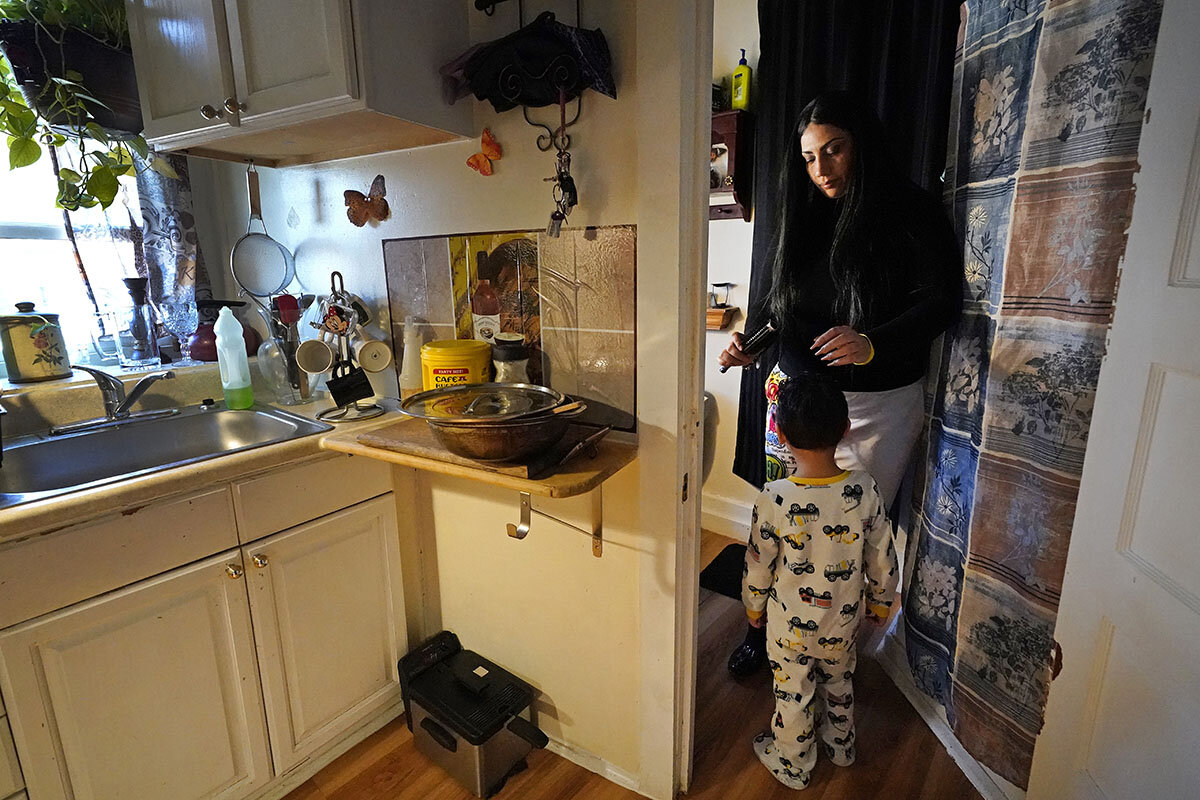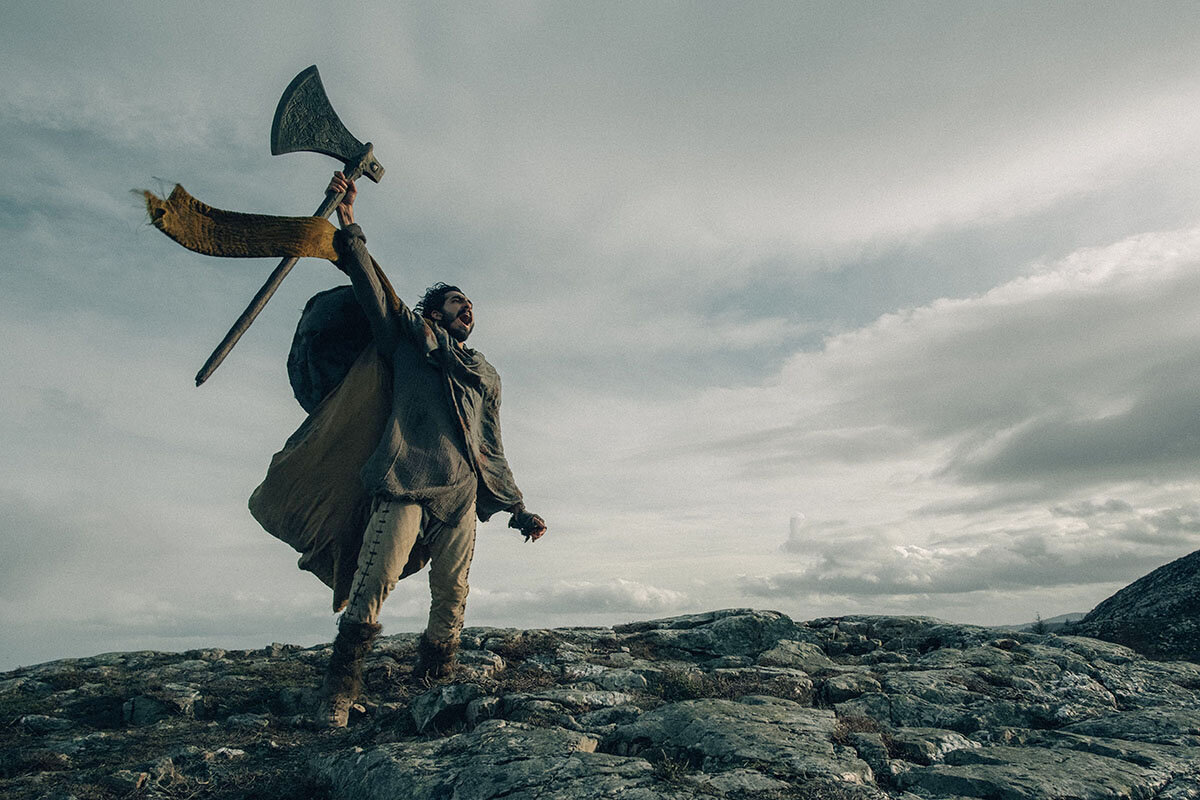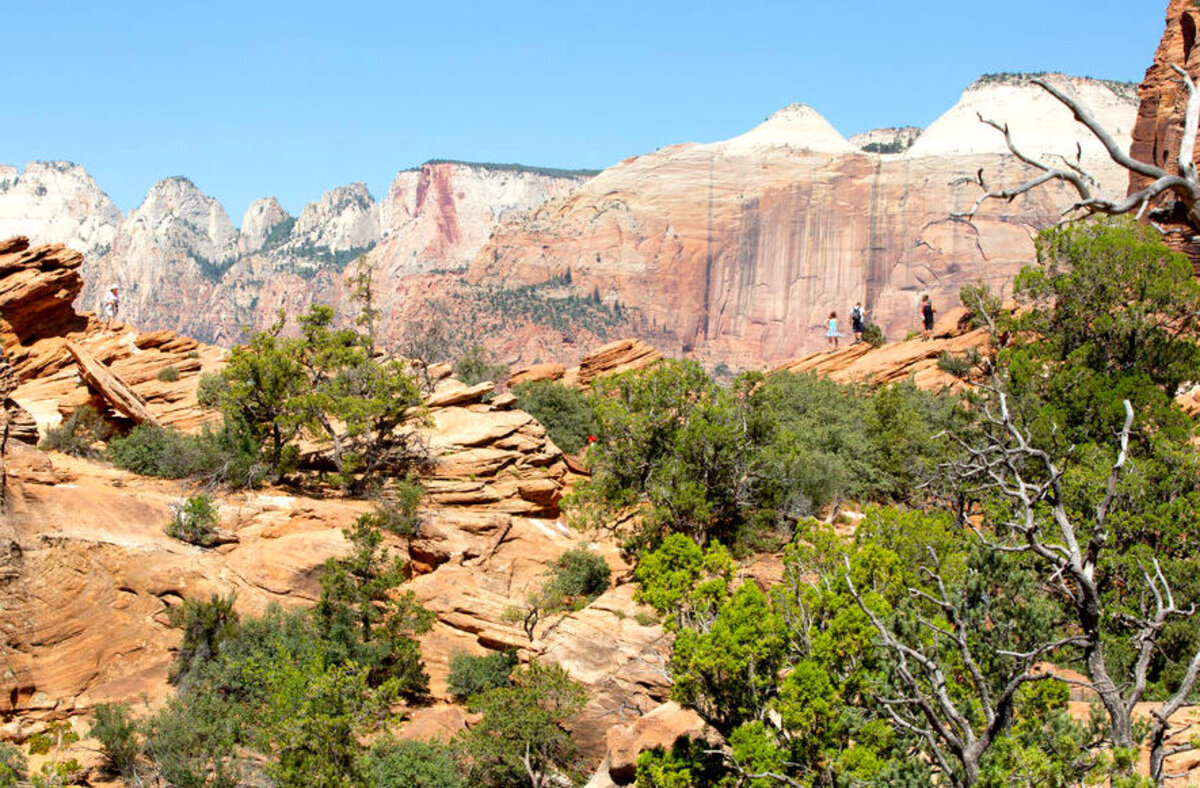The United States has been largely drawn into two camps with starkly different views of vaccines and the pandemic. But there is evidence that thought is shifting in areas that have so far been wary.
Monitor Daily Podcast
- Follow us:
- Apple Podcasts
- Spotify
- RSS Feed
- Download
 Clayton Collins
Clayton Collins
You may have seen Eliot Middleton’s story on a network talk show, delivered as an upbeat little yarn. It’s actually more. Not quite a year ago, this barbecue restaurant owner in South Carolina’s Lowcountry started fixing up vehicles for strangers in need, for free.
His dad taught him how to wield a wrench, and to be kind. Mr. Middleton works back-country style: cars in the open, no fancy shop. The cars aren’t fancy, either. Plenty have what car people call “moon mileage.” Many have surely tallied what would be round trips there from Earth.
Mr. Middleton had given away more than 30 cars before national media found him this month. As his story spread, so did offers of car donations – some 800 from around the country, he tells CBS News, plus more than $100,000 in cash. “Soul-soothing,” he says.
His work fills gaps. Automobile prices have soared as the supply chain for high-tech components has faltered, dropping new-car inventory and pushing up prices on new and used cars. In Mr. Middleton’s region, transit and ride services are not an option.
So at a time when the “right to repair” is being fought for, affecting vehicles from Teslas to tractors, a spotlight-averse man in Awandaw, South Carolina, is carefully matching generosity to need.
“The young man is very overwhelmed,” says his sister in a video on their foundation’s Facebook page. He’s also still in drive. He aims to expand his car-collection range outward from the Carolinas and Georgia to broaden his giving.
“There are so many of us who will do the right thing if someone like Mr. Middleton sets [an] example and walks the walk,” one site visitor posted. “Ripples are turning into waves, and society is showing its Humanity!”










